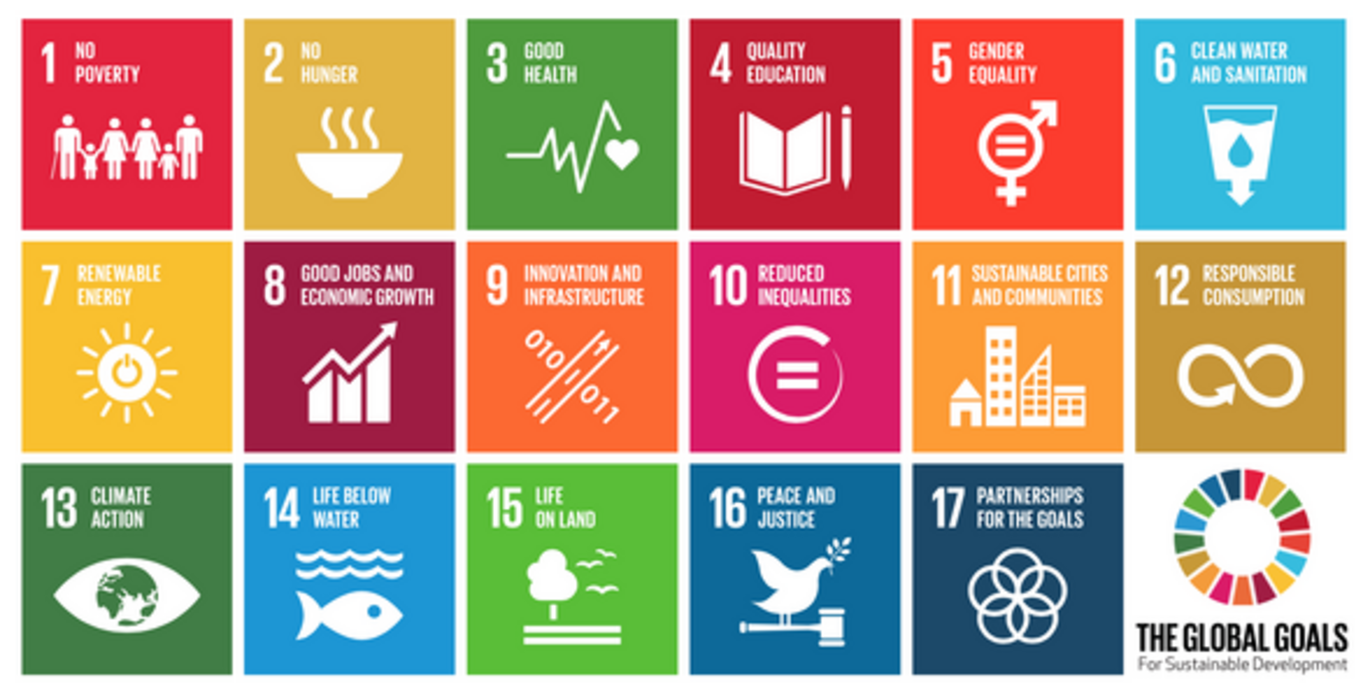The pathway to a sustainable agricultural production needs to be investigated
A new research project aims to help countries transform towards a more sustainable agricultural production by making long term implications of different political solutions visible.

Global agriculture and food systems are not sustainable in their current forms. Modern and intensive farming depends highly on fossil fuels, leads to environmental problems such as water pollution, soil degradation and GHG emissions, while producing controversial-quality foods.
Major changes at international, national and sub-national levels, and within all sectors, ranging from food production to consumption, are essential to improve the situation and achieve a more sustainable production.
This is exactly what the research project TSARA, funded within frame of FACCE SURPLUS, wants to improve.
- We want to develop means to provide support to countries so they can move towards sustainable agricultural food systems, explains Prof. Andrew Whitmore who is project coordinator on TSARA.
Several countries have already established and quantified sustainable development objectives for their agriculture and food sectors, but, however, only few have yet developed a clear understanding of the transformative changes needed to achieve these objectives. Therefore, research is required in order to create a clear understanding of how stakeholders might achieve this transformation.
A clear articulation of pathways will allow governments to discuss long term implications for the agricultural and bio economy sectors. Clear and translatable measurement of pathways will allow countries to collaborate, see the trade-offs associated with a particular scenario and derive outcomes that are more accepted, robust and enduring than those currently achieved.
- There are many definitions of sustainable development. It has been described as a journey or a way of life. However, such a philosophical view is of little guidance in negotiating complex trade-offs between components, especially when expanded to private economic and public or collective goods and services, Prof. Andrew Whitmore explains.
The scientists behind TSARA therefore believe that more concrete guidance and even regulation is required.
Partners in the 3-year TSARA project include Rothamsted Research, Institute for Sustainable Development and International Relations IDDRI, Wageningen University and AgResearch. The project has been granted 899,000 € from the FACCE SURPLUS ERA-NET Cofund.
FACCE SURPLUS
FACCE SURPLUS is an ERA-NET under the Cofund scheme of Horizon 2020 of the European Union. FACCE SURPLUS calls for collaboration among 15 countries and the EU for transnational research projects on the thematic area of sustainable and resilient agriculture. Further joint activities that go beyond this co-funded call are planned in order to contribute to the establishment of a renewable bioeconomy in the ERA.
Further information
Professor Andrew Whitmore
Rothamsted Research
Email: andy.whitmore@rothamsted.ac.uk
Mobile: 0044 1582 763133
